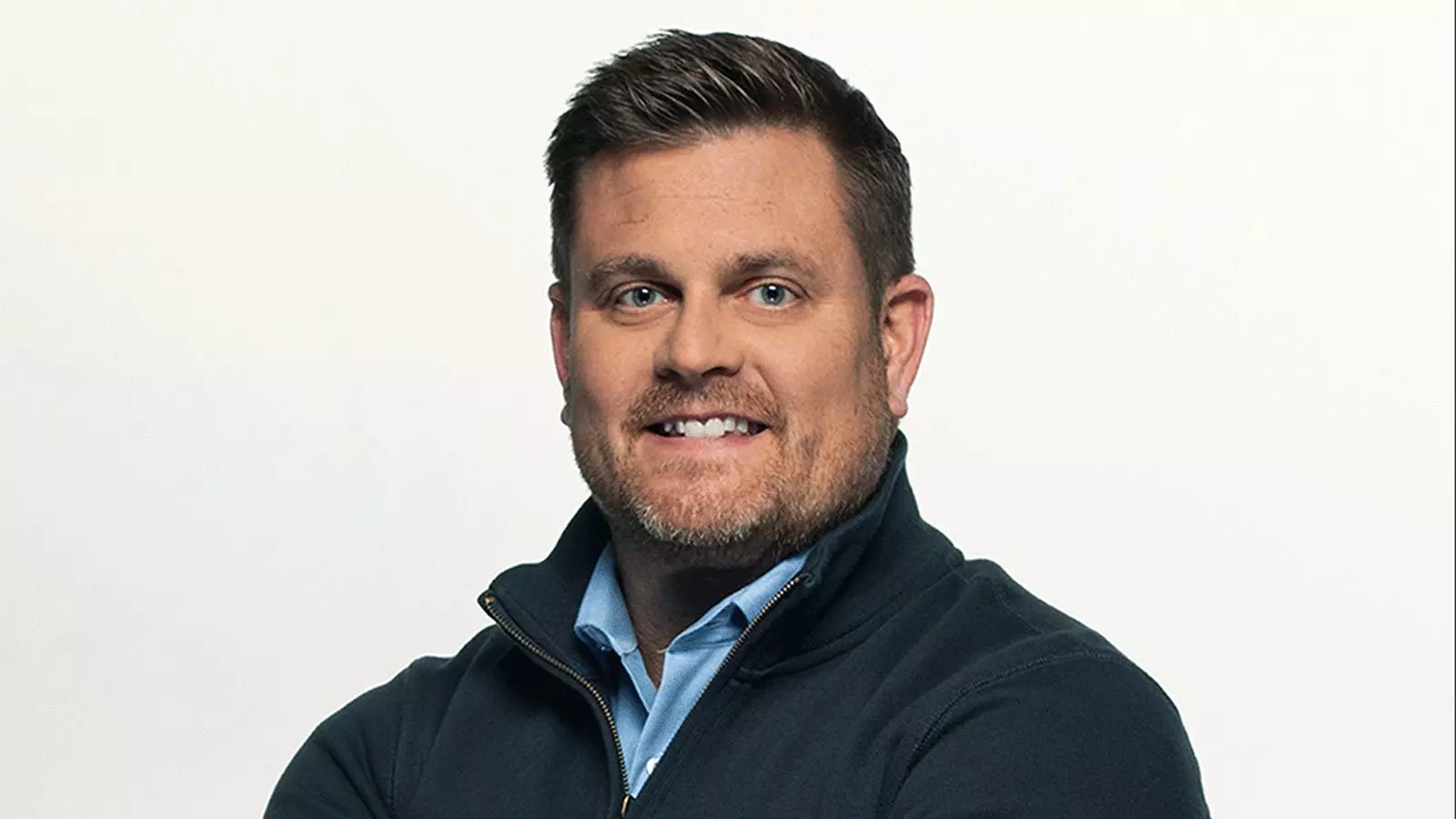The tragic shooting of Brian Thompson, CEO of UnitedHealthcare, shocked the nation and brought a long-overlooked figure into the public eye. Before this incident, Thompson remained largely unknown outside of the healthcare sector, despite overseeing one of the nation’s largest health insurers that provided coverage to more than 49 million Americans—an audience larger than that of many countries. His sudden elevation from obscurity to headline news highlights the complex relationship between executive leadership and public perception in the vast and often impersonal world of healthcare.
Thompson, aged 50, had an impressive 20-year tenure at UnitedHealth Group, culminating in his role as CEO, where he steered the company through pivotal shifts aimed at enhancing the healthcare experience for countless individuals. However, the irony lies in the fact that the very policies and initiatives he advocated often remained faceless to the millions whose lives they impacted daily. Engaged in the minutiae of corporate governance, he was occasionally thrust into the spotlight when his decisions drew widespread scrutiny, a dynamic that underscores the challenges facing leaders in industries shrouded in complexity.
In his current role, Thompson oversaw not only UnitedHealthcare’s operations but also its financial performance, with the business generating a staggering $281 billion in revenue the previous year. Backed by a lucrative compensation package of $10.2 million annually, he was positioned as one of the highest-paid executives in the industry, which, while a testament to his corporate prowess, raises questions about the often exorbitant compensation in a field focused on the wellbeing of people. This disparity forms a part of a broader discourse regarding executive ethics in healthcare, particularly when viewed against the backdrop of patient care and cost accessibility.
Despite his high profile within corporate circles, Thompson was rarely in the spotlight compared to his predecessor and the broader UnitedHealth Group executives. Andrew Witty, the parent company’s CEO, dominated the media narrative with a contrasting public persona, rousing interest due to his British knighthood and public testimonies. Andrew’s visibility serves to illustrate a frequent crisis of identity within corporate sectors, where the CEO becomes the face of the company while other key figures remain in relative anonymity, despite their substantive contributions.
Thompson championed a notable transformation within UnitedHealthcare that leaned towards a value-based care model. This approach sought to reward healthcare providers for preventative measures rather than merely compensating them for the quantity of services delivered. His assertion that “healthcare should be easier for people” encapsulated an aspiration to fundamentally alter how Americans navigate their health journeys. Yet his proposals were not without obstacles; past initiatives, like the controversial denial of insurance coverage for non-emergency ER visits, sparked significant discontent and protests from various healthcare authorities.
Critics, including the American Hospital Association, characterized such policies as harmful, asserting that they could discourage individuals from seeking necessary care during emergencies. The backlash prompted UnitedHealthcare to reconsider its approach, illustrating the delicate balance that healthcare providers must maintain between financial sustainability and patient welfare—a balance that Thompson himself aimed to navigate.
The Lasting Impact of a Tragic Event
The abrupt end to Thompson’s life and career raises questions about the nature of leadership in such a high-stakes environment. As investigations into his death proceed, it becomes evident that the loss is not just a personal tragedy for his family and friends but also a blow to the organization he led and, potentially, the millions who depend on UnitedHealthcare’s services.
As his legacy takes shape in the wake of his untimely passing, it may encourage a renewed examination of how executives engage with their roles and responsibilities. Brian Thompson’s experience serves as a reminder of the fragility of life and the importance of ethical leadership in sectors that directly impact human wellbeing. The healthcare industry, with its ever-evolving landscape, continues to confront challenges where the decisions of a few can resonate profoundly across the lives of many. Whether Thompson’s vision for a more accessible, patient-centered healthcare system endures will significantly depend on how his successors interpret the lessons learned from his tenure and the circumstances surrounding his tragic end.


Leave a Reply